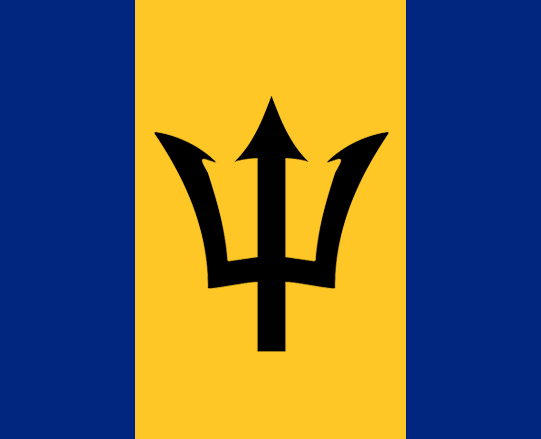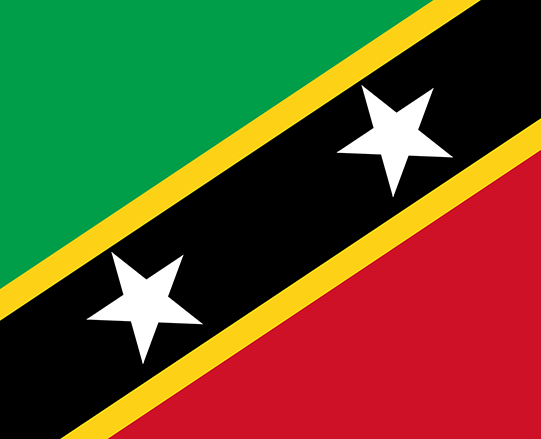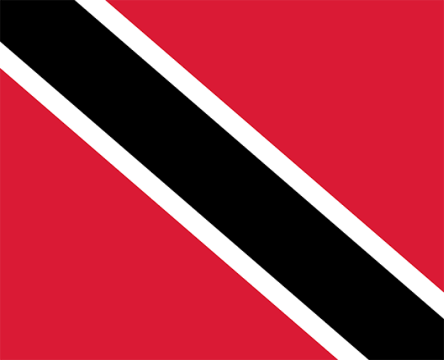On 5 July 2022, the High Court of Antigua and Barbuda struck down Sections 12 and 15 of the Sexual Offences Act 1995 criminalising ‘buggery’ and ‘serious indecency’.
The case was filed by Orden David, a Antiguan gay man who worked at the Ministry of Health, and local organisation Women Against Rape. Regional LGBT umbrella organisation, the Eastern Caribbean Alliance for Diversity and Equality, convened the process.
The criminalisation of buggery in Antigua and Barbuda has its history in its British colonial past. The offence of buggery in Antigua and Barbuda can be traced to the Offences Against the Persons Act, 1873 and has since transposed into provisions of Sexual Offences Act 1995. Section 12 of the Sexual Offences Act criminalised ‘buggery’ carrying a maximum penalty of 15 years imprisonment. Section 15 of the Act criminalised ‘serious indecency’ and carried a maximum penalty of 5 years imprisonment. Both men and women were criminalised under the Act.
The claimants argued that in criminalising private, same-sex sexual intimacy between persons aged 16 or older, the laws offended the Antiguan constitutional rights to liberty, protection of the law, freedom of expression, protection of personal privacy and protection from discrimination on the basis of sex, as protected under Articles 3, 12 and 14 of the Constitution.
The Court determined that Sections 12 and 15 of the Act were unconstitutional as they contravened these articles of the Constitution. The judge agreed with the claimants that “the right to privacy extends beyond the right to be left alone and includes the concept of dignity of the individual, aspects of physical and social identity, and the right to develop and establish relationships with other human beings.”
The Court also highlighted that “the effect of provisions like sections 12 and 15 of the Act is to stigmatize same-sex couples and makes a particular group subject to arrest, prosecution and conviction of an offence which is a part of that group’s human experience.”
Download the judgment



